Let Go My Ego
Note: This was originally published in our bi-weekly e-newsletter, Liminal Spaces. To get future issues delivered to your inbox (and get our ebook for free!), sign up here.
One man’s ego started another war. The ego is that powerful and destructive.
Whether it’s expressed in Vladimir Putin’s imperialism or in the ordinary lives of millions of people all over the world, an ego-driven life is characterized by comparing, competing, conspiring, condemning, and ultimately crucifying anything and anyone you perceive to be in opposition to you.
The ego is your small self or the image you’ve carefully crafted over the years to make you feel significant, superior, different, and important. Thomas Merton called the ego your “false self,” it’s your ephemeral identity based on your looks, job, salary, social status, education, sexual persuasion, or nationality. To recognize when you are living from your egoic identity, simply start noticing all the times you judge, compare, compete, and set yourself up as different. This happens because the ego is dualistic in nature and characterized by either-or thinking. It loves dividing reality into straight and gay, us and them, right and wrong, saved and unsaved, conservative or liberal, Russian or Ukrainian. And once the world is bifurcated, the ego picks sides and seeks to dominate the opposition.
Until you recognize, make peace with, and release your ego from center-stage, you will struggle to love and find peace not only with yourself but with everyone else. That’s why at some point in everyone’s spiritual maturation, your ego needs to die in order for the real you to be reborn. “It is impossible for you to go on as you were before, so you must go on as you never have,” encourages author Cheryl Strayed.
So, how do you do it?
If you live long enough, life has a way of eroding the ego for you. Whether it’s hitting mid-life, losing a job, or divorce, small deaths like these create opportunities to shed the false self. But failure isn’t enough. Maturing from an egoic operating system to a contemplative heart takes practice. If contemplation is the antidote to ego, then mindful meditation is the discipline of recognizing and letting go of your ego. Meditation is training in non-duality and ego death. It is the daily practice of opening your heart to a higher level of consciousness, one characterized by radical acceptance, inclusion, freedom, and loving-kindness. If you’ve ever tried to meditate, you know this to be true.
When you sit in meditation, all these thoughts come up and the first thing you want to do is judge them, cling to them, or reject them. That’s the ego taking charge. But instead, mindfulness teaches us to simply accept all that arises with loving compassion, even the weird stuff. Pema Chodron writes, “How we stay in the middle between indulging and repressing is by acknowledging whatever arises without judgment, letting the thoughts simply dissolve, and then going back to the openness of this very moment.” And here’s the fascinating part: If you can do that in meditation, you can do it in real life.
The ego is powerful, but your true self is transformative. As we enter the penitent season of Lent, remember you are holy dust and to dust you will return. All the accouterments of your false self will one day fade away, so why not begin the process of revealing your true identity today? To help, instead of fasting from sweets or alcohol this season, consider adding the daily discipline of mindful meditation to your Lenten journey. As you begin the journey of shedding the false self, may these words from Father Richard Rohr guide your path as you seek to uncover your true self.
“All great spirituality teaches about letting go of what you don’t need and who you are not. Then, when you can get little enough and naked enough and poor enough, you’ll find that the little place where you really are is ironically more than enough and is all that you need. At that place, you will have nothing to prove to anybody and nothing to protect. That place is called freedom. It’s the freedom of the children of God. Such people can connect with everybody. They don’t feel the need to eliminate anybody.”

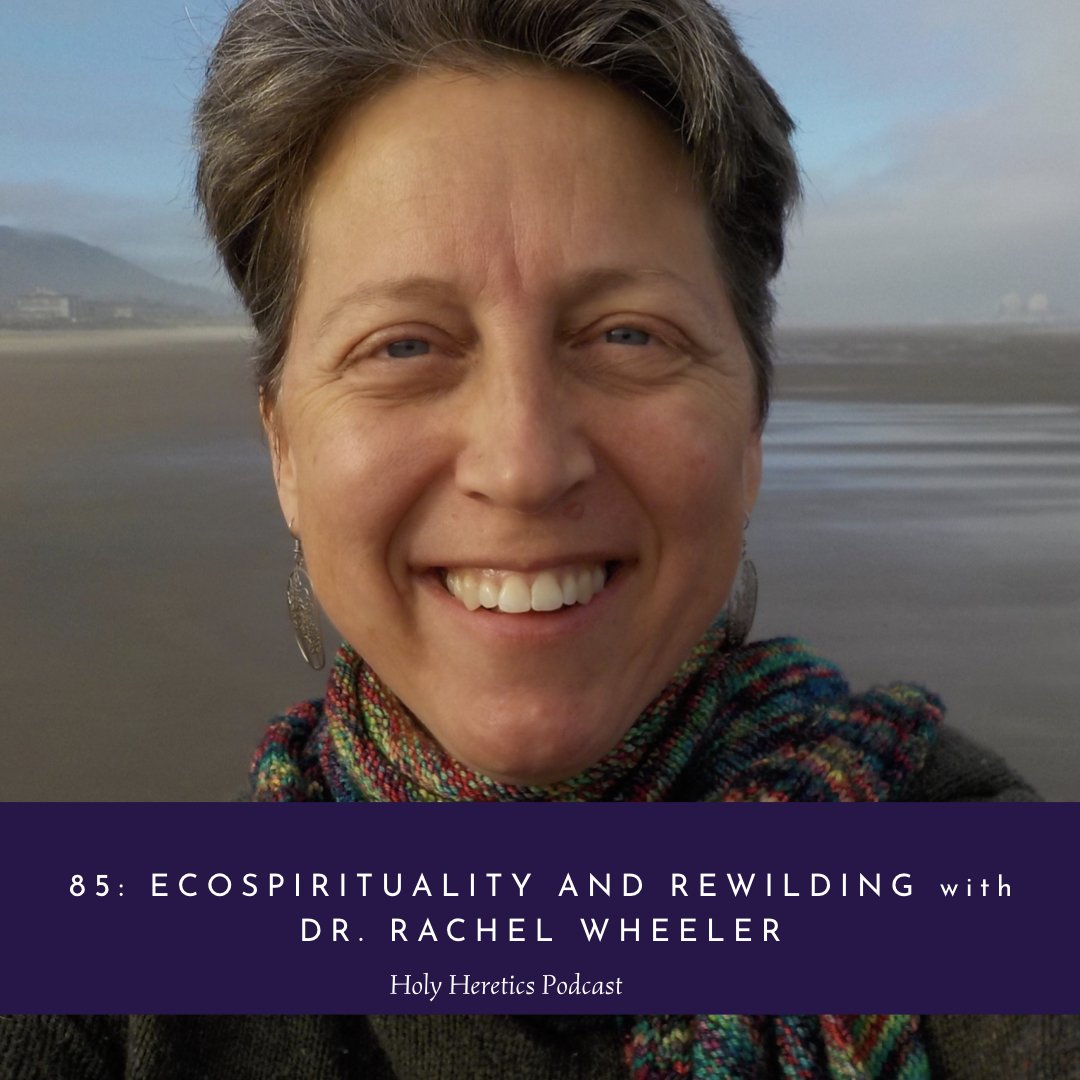
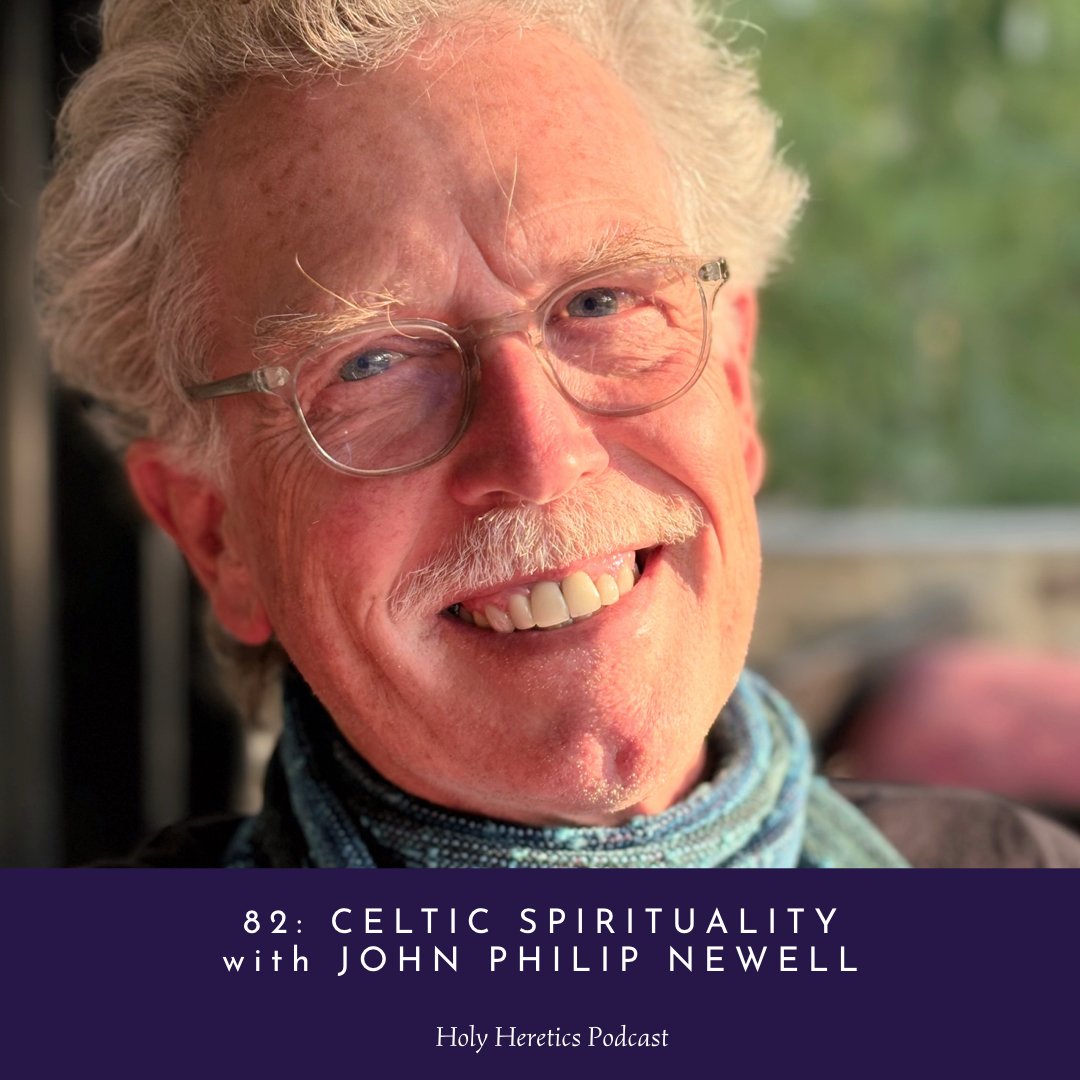
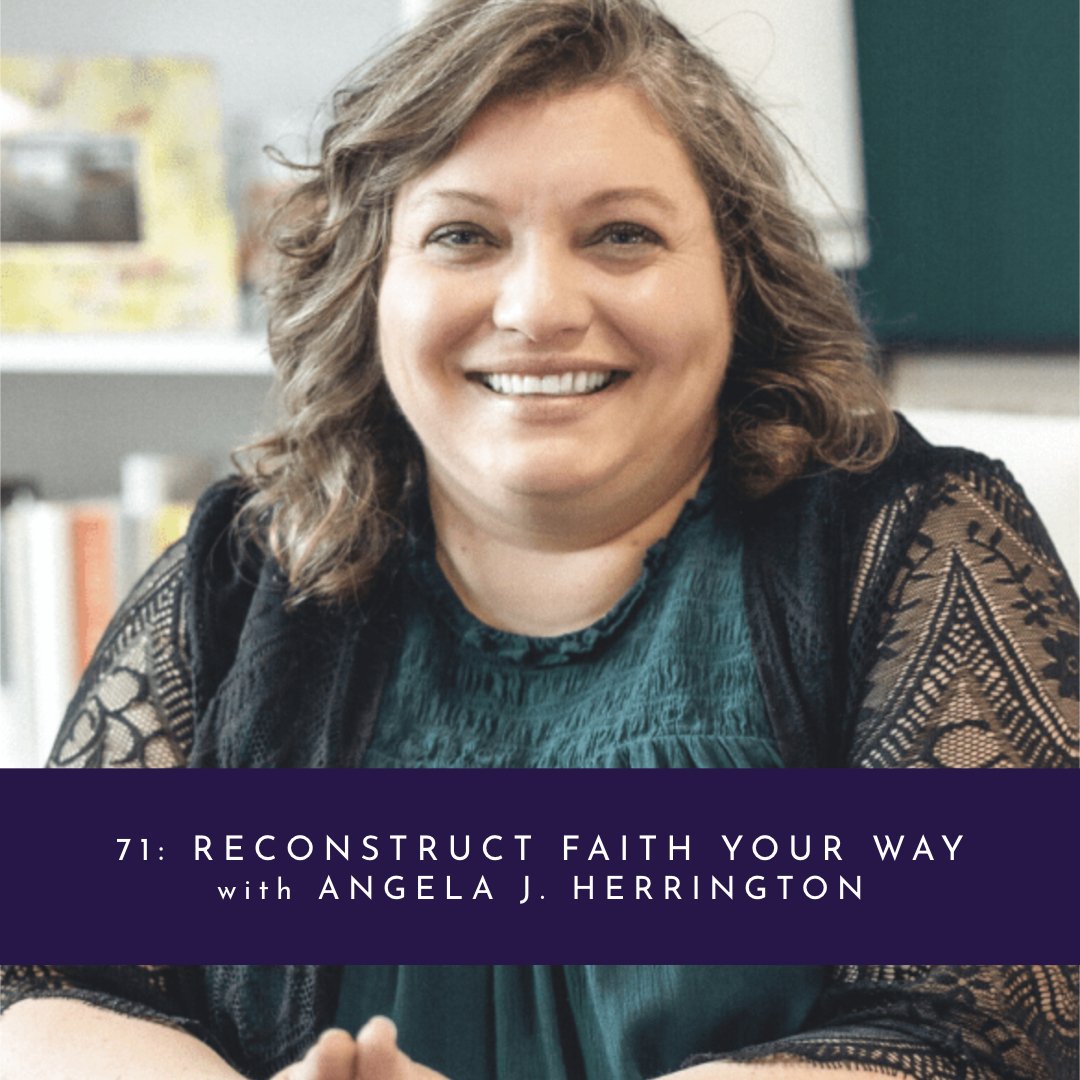
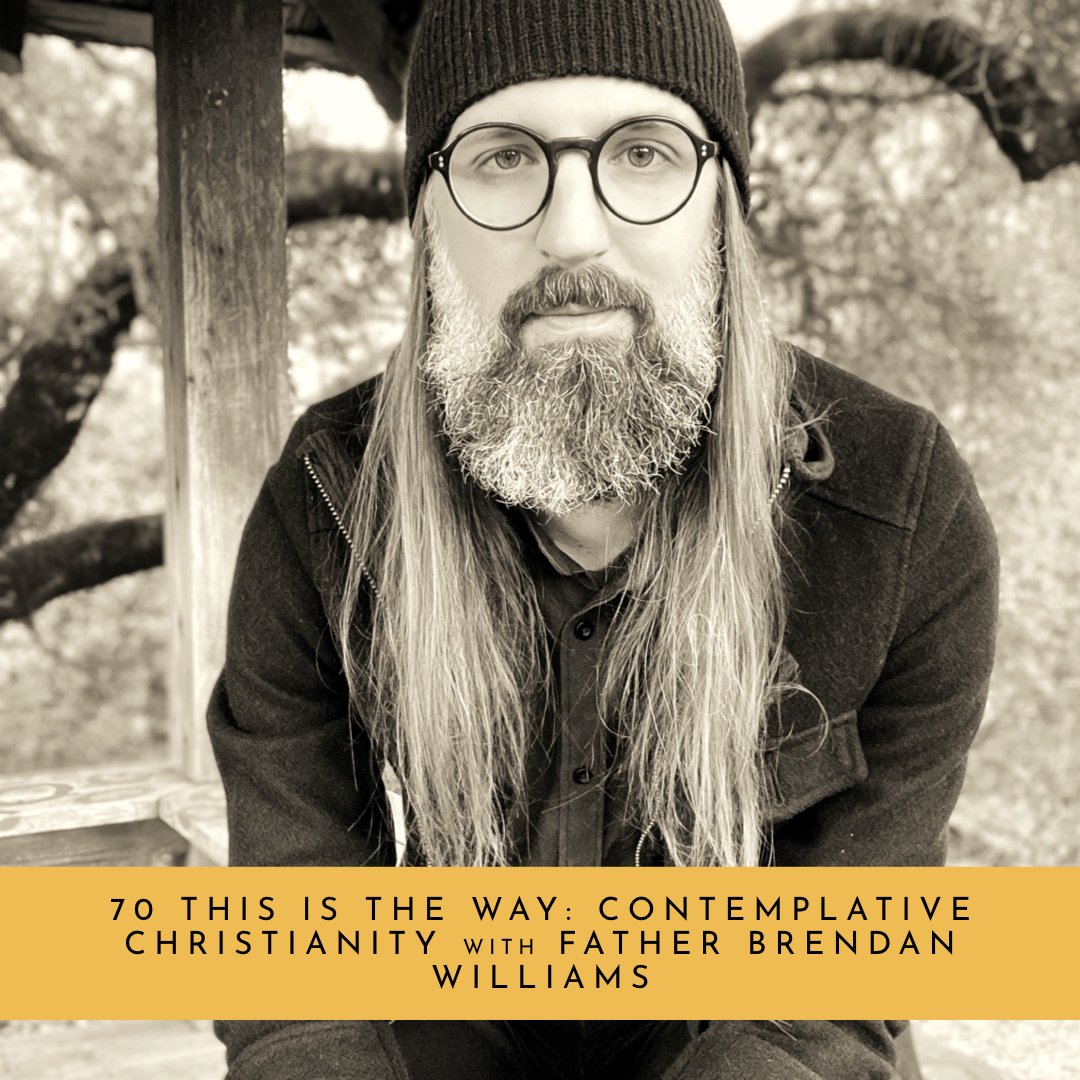
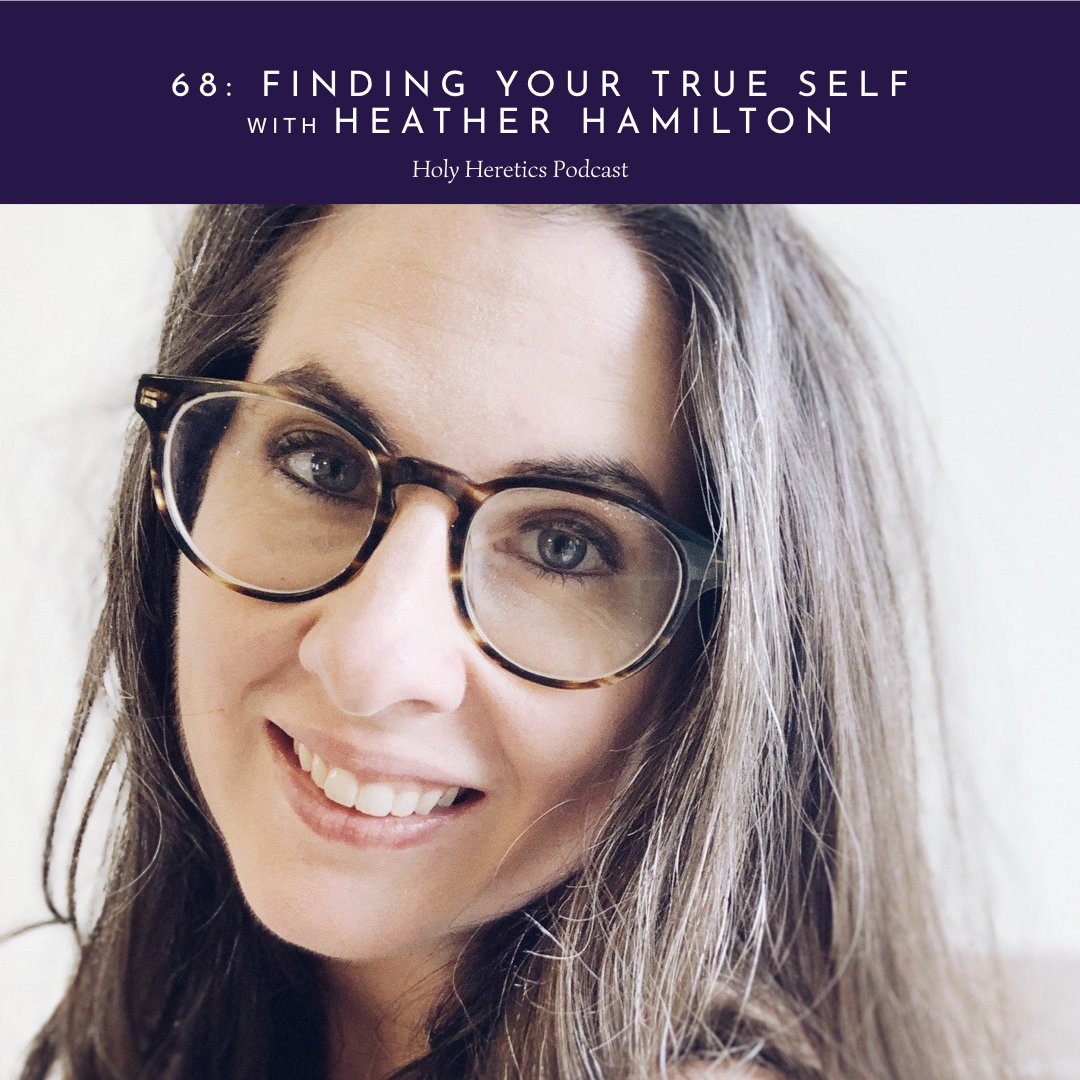
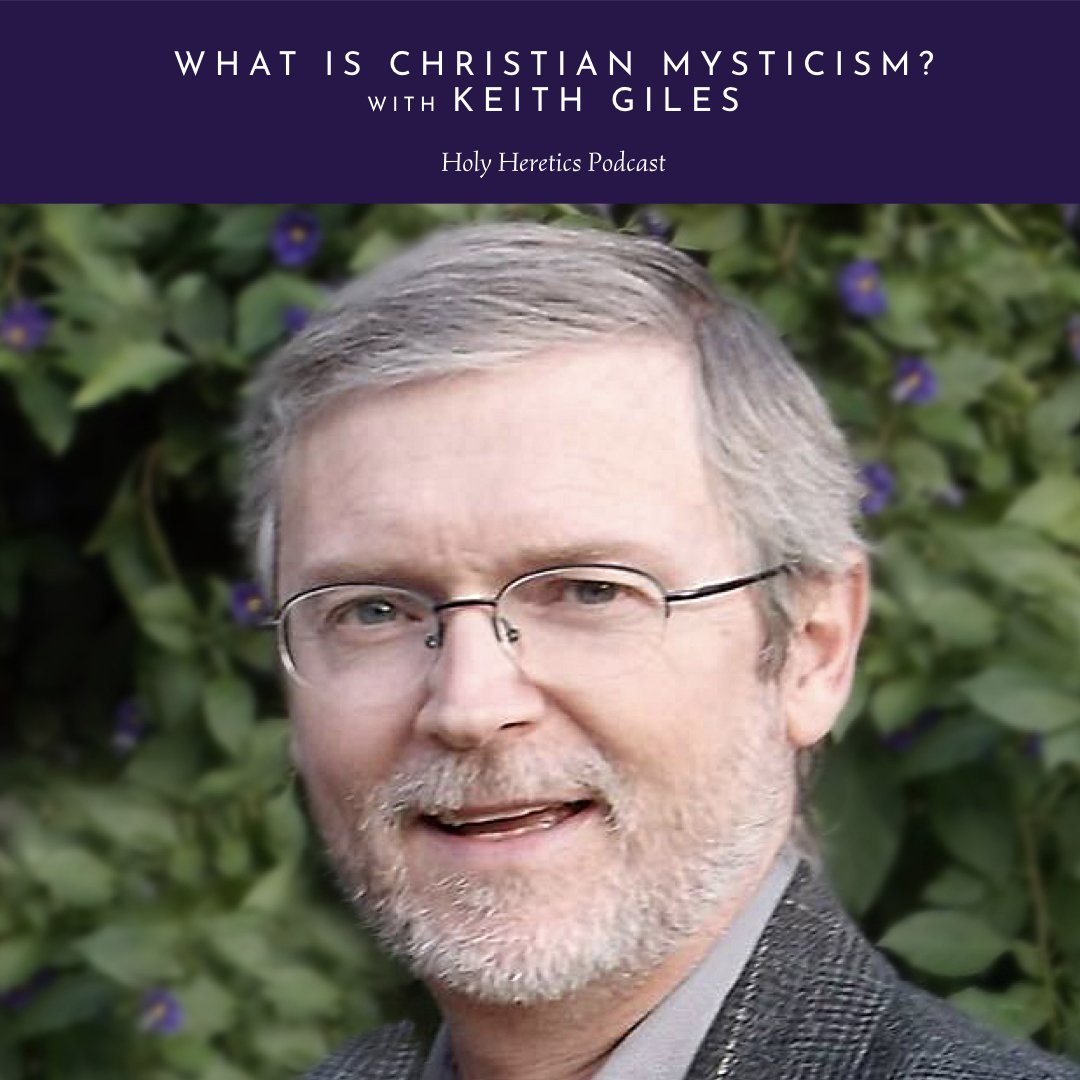
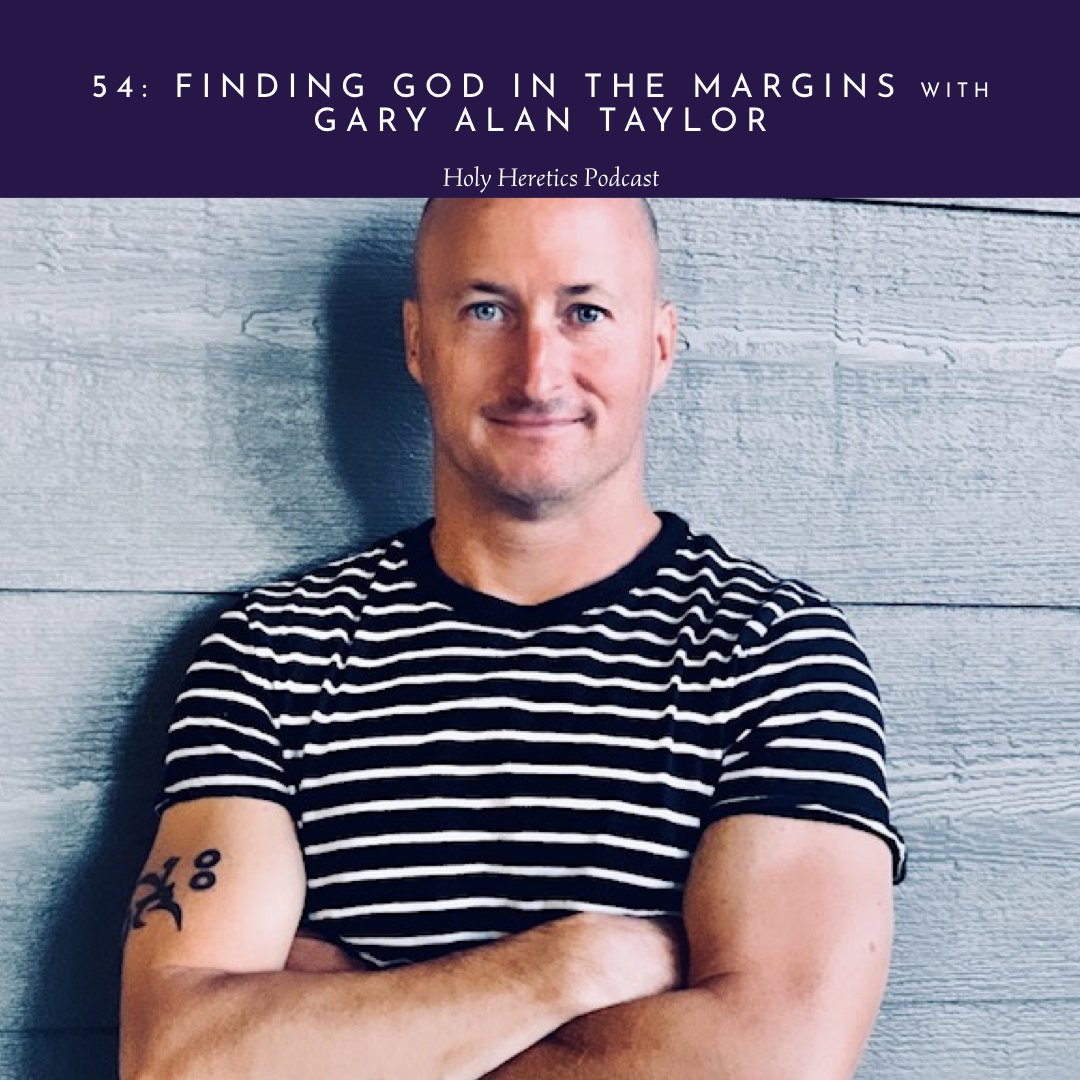
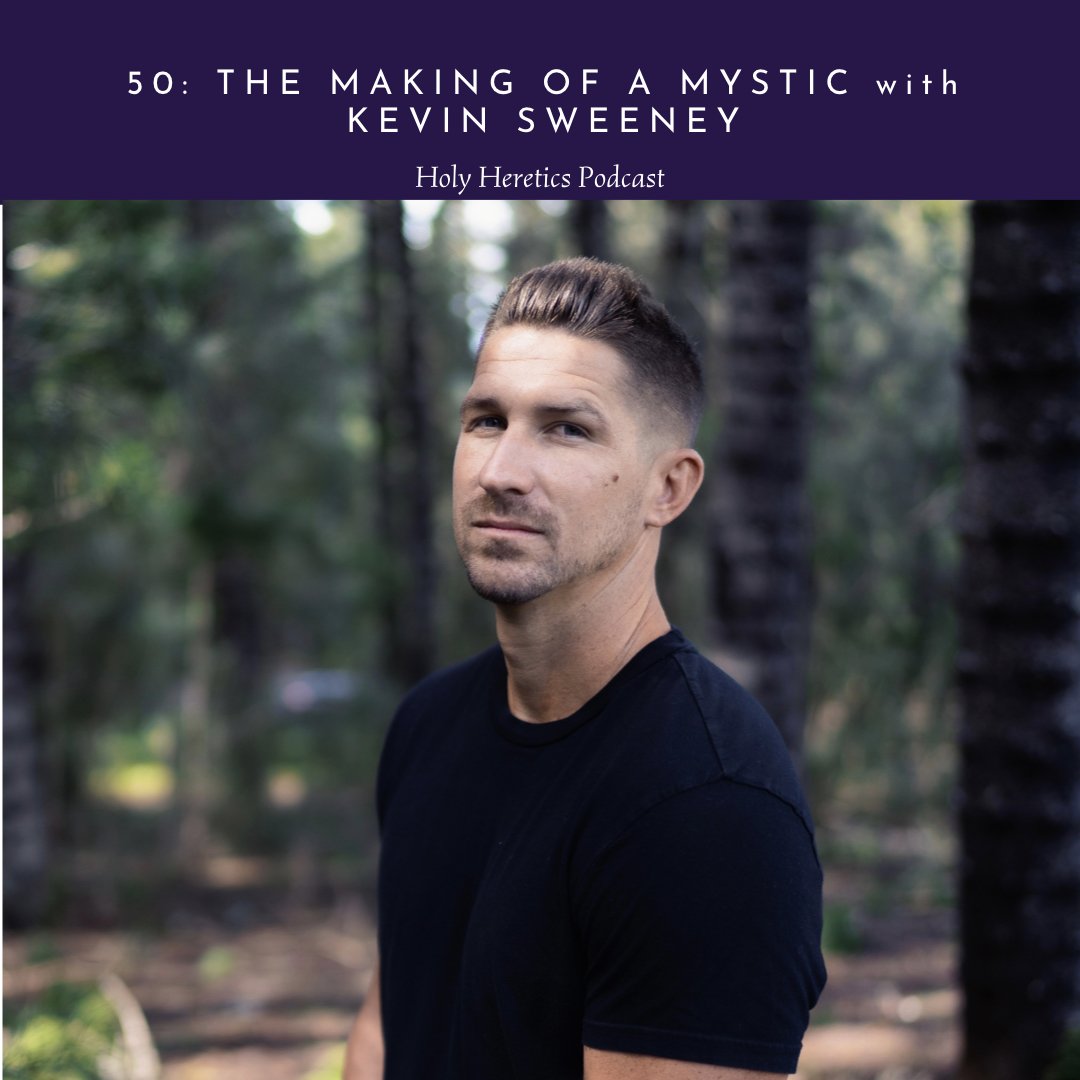
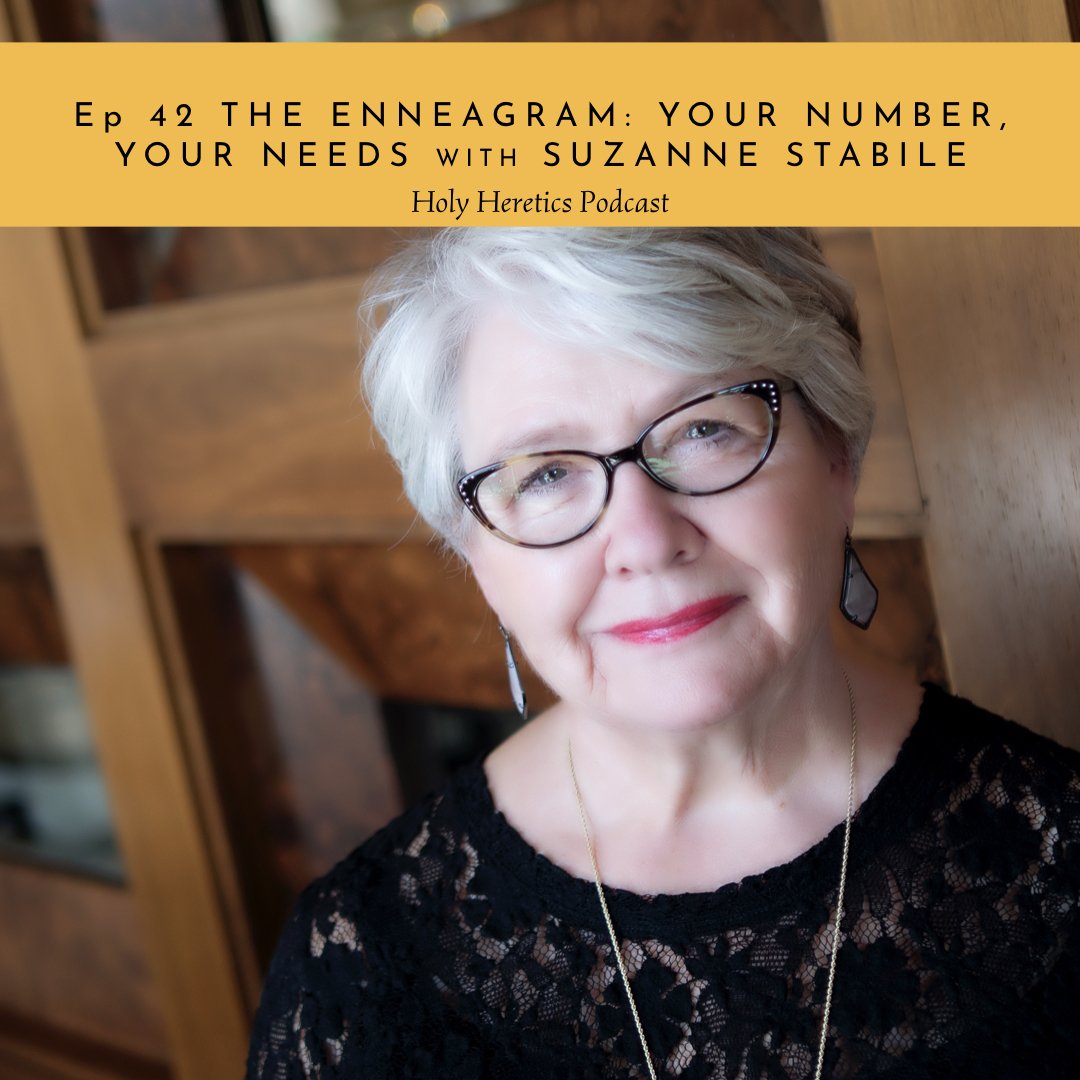
For ten years running, Dr. Rupert Sheldrake has been recognized as one of the most spiritually influential living people in the world. Sheldrake’s research provides a link between science and spirituality, and in particular, the proven benefits of the spiritual life on one’s well-being, mental health, and life expectancy. Spiritual people live longer, are healthier, and happier.